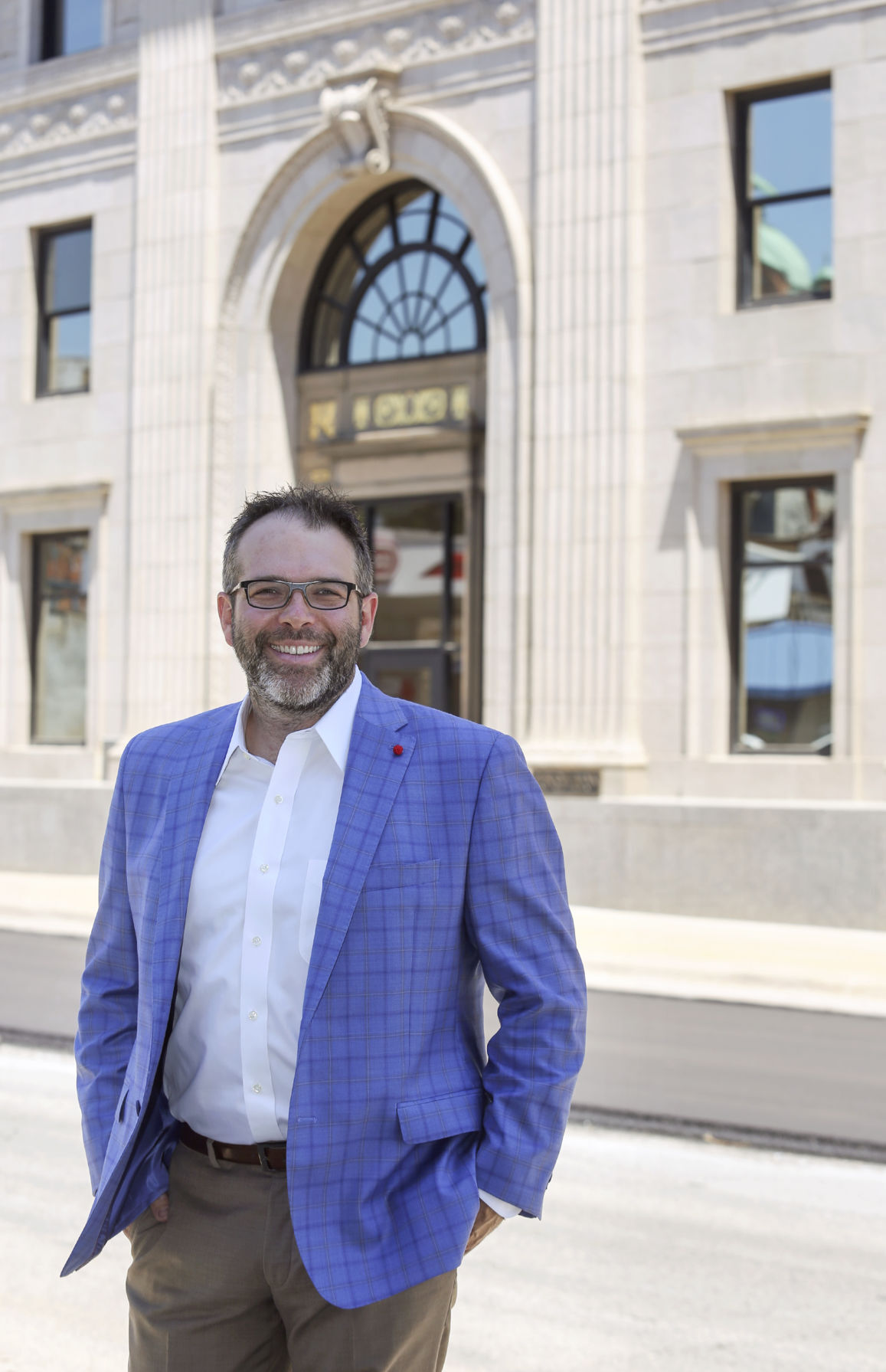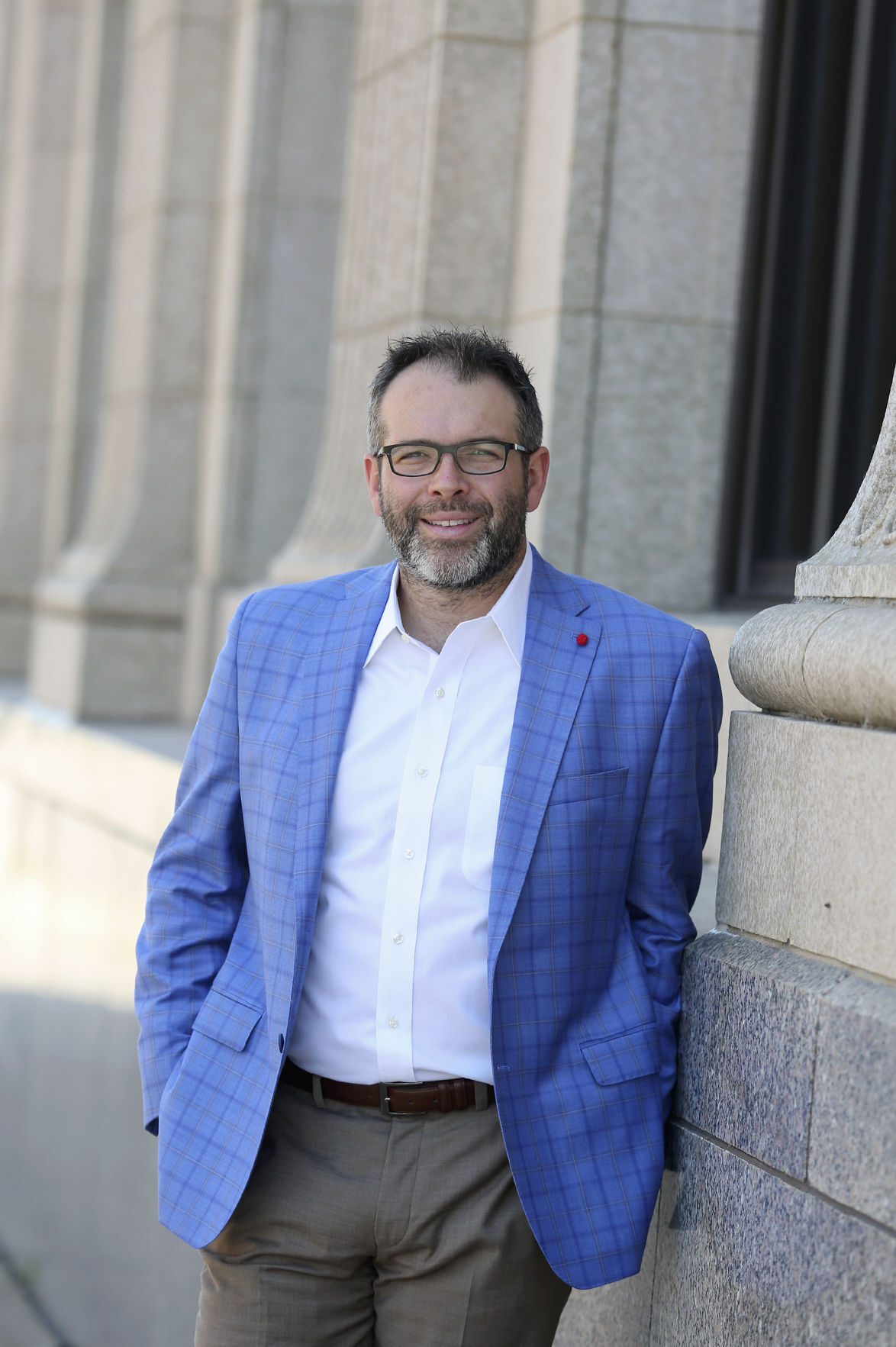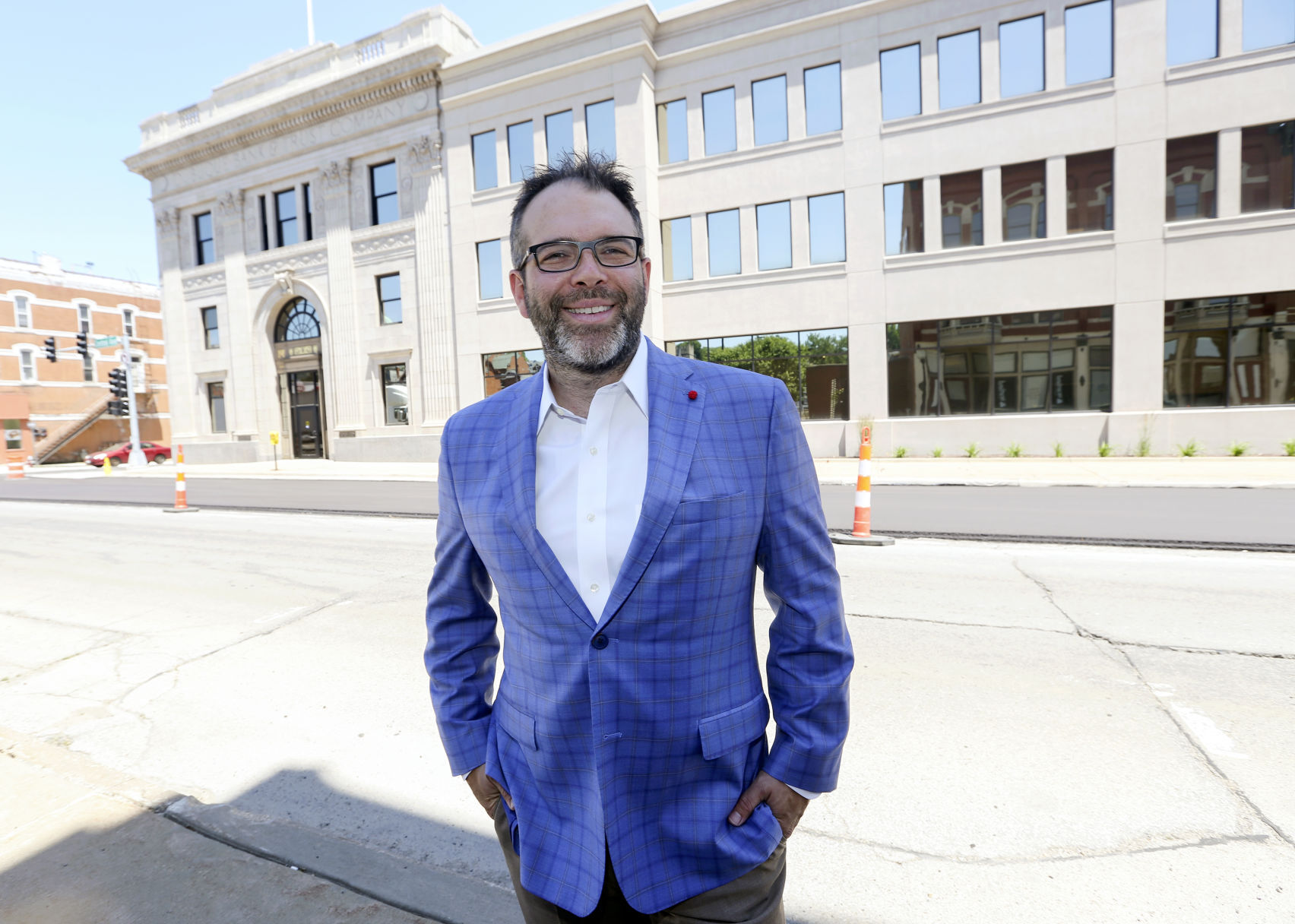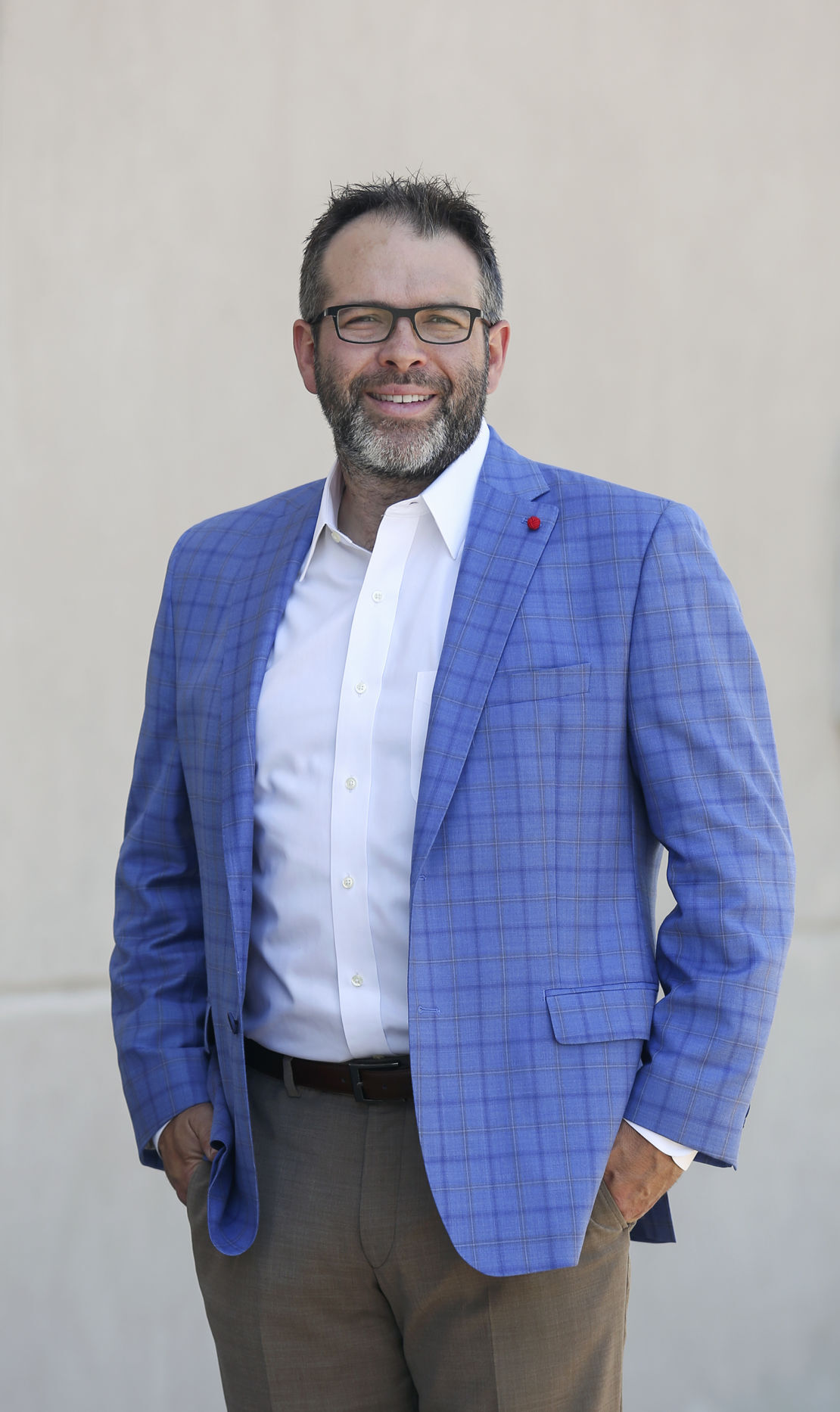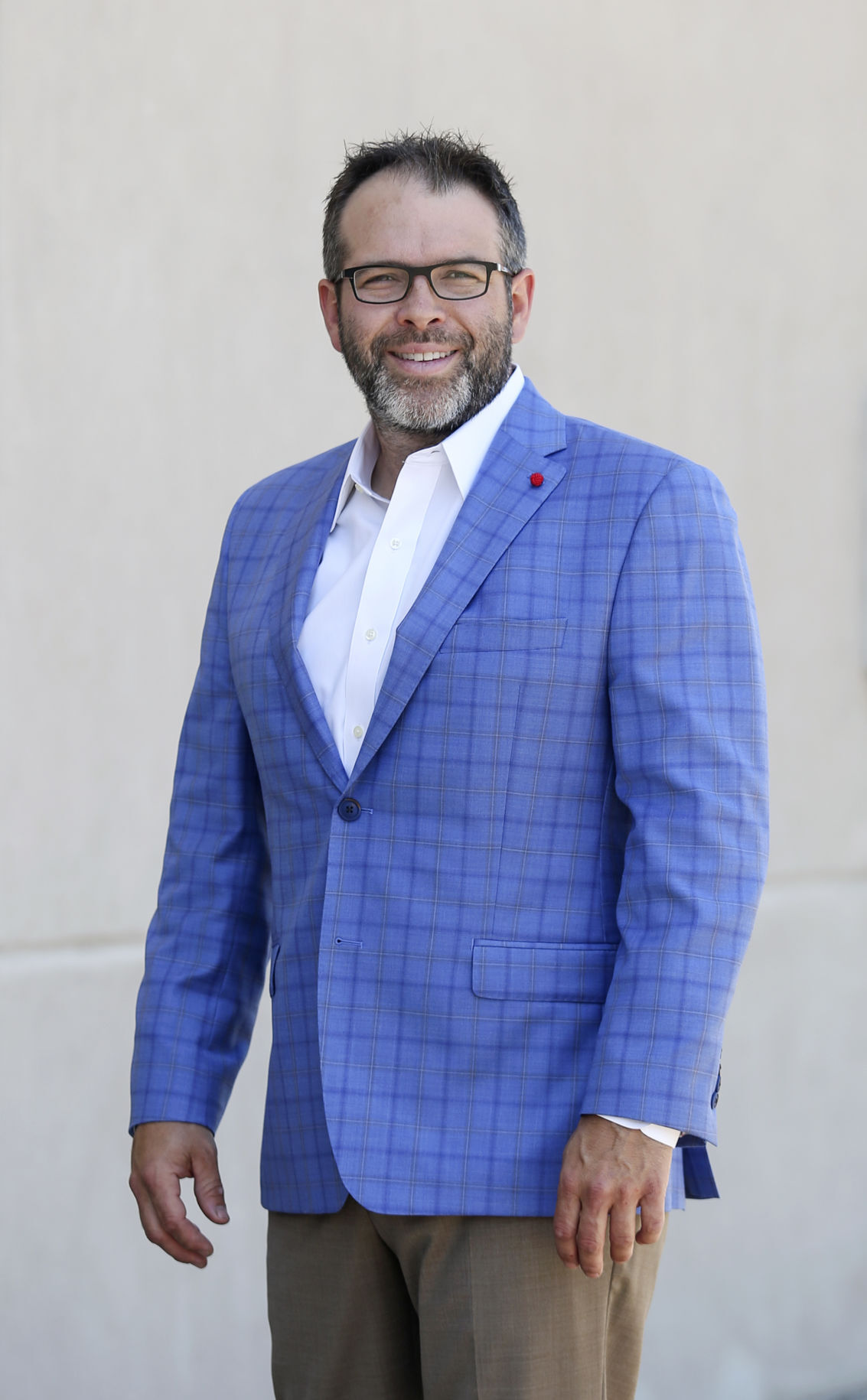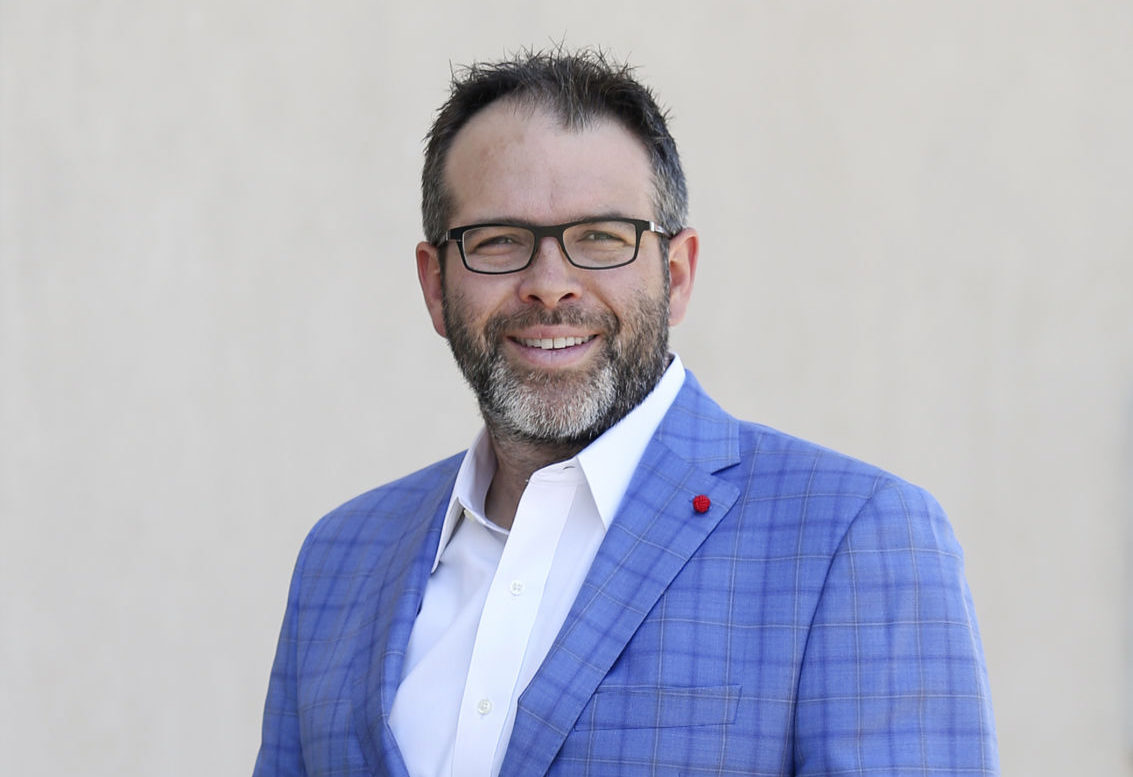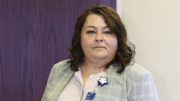Lynn H. “Tut” Fuller, president and CEO of Dubuque Bank and Trust
Lynn H. “Tut” Fuller is president and CEO of Dubuque Bank and Trust, while also holding Heartland Financial USA Inc., leadership roles in which he oversees consumer banking and marketing, business integrations of acquisitions and a project to overhaul and scale Heartland operations.
Prior to his current role, He was market president for DB&T and was the corporate director of retail banking. Prior to working for Heartland, he was a consultant at Bain & Co.
Fuller is a graduate of the University of St. Thomas, where he earned a bachelor’s degree in biology with minors in chemistry and business (summa cum laude) and was an Academic All-American in tennis. He earned a medical doctor degree from the University of Michigan Medical School, and a Master of Business Administration with high distinction from the University of Michigan’s Stephen M. Ross School of Business.
He serves on the Mercy Medical Center Board of Trustees and as a director for the Greater Dubuque Development Corp., the Boys & Girls Club, University of Dubuque, Dubuque’s True North and SHAZAM payment systems.
Tut and his wife, Ali, have three children, Madeleine, Hadley and Quinn. He enjoys spending time outdoors with his family, hunting and on their family farm.
Can you name a person who has had a tremendous impact on you as a leader?
My father, Lynn B. Fuller. He had a vision for a unique banking organization in the early 1980s that has led our company to grow from $100 million to $15 billion in assets during his time at the bank, and now with our holding company, Heartland Financial USA Inc. That vision is still compelling to customers, employees and new banking partners today, and has generated immeasurable benefits to our community.
What are the most important decisions you make as a leader of your organization? The constant and evolving ways to drive balanced, profitable growth. Without both profit and growth, the days of your organization are likely to be limited. For the sake of your organization and its employees, your days as the leader should be more limited if you cannot drive balanced, profitable growth.
As an organization gets larger, there can be a tendency for the “institution” to dampen the “inspiration.” How do you keep this from happening? I view the strategy to counteract this tendency as having two parts. First, your organization must have a leader, mission, vision and purpose that is “inspirational.” It is tough to expect employees to be “inspired” if these four parts are not present. Second, as your organization continues to grow, you need a means to communicate all that is inspirational to those in your organization’s depths. This can come from new and unique forms of communication. It also should come from having a healthy bench of inspirational, motivational and energetic managers/leaders at all levels. As your organization grows, you will need more of these leaders.
Which is more important to your organization – mission, core values or vision? You cannot have one without the others. Your mission represents the core of who you are. Your vision is who you aspire to be. Your values represent principles that guide your daily behavior.
What is one characteristic that you believe every leader should possess? You need to be able to lead holistically. This involves creating an inspiring vision/strategy, motivating and aligning employees toward that vision/strategy, and lastly, following through on the execution of said vision/strategy. If any of these components are missing, an organization will likely never achieve a high-performing status.
What advice to you have for future leaders? First and foremost, follow your interests. By following your interests, you will inherently become more successful and thus enhance your likelihood of becoming a leader, whether that be of people, in your discipline, or both.
What lessons can leaders take away from the current pandemic? Our job as leaders is to ensure our organizations emerge more successful, not less successful, when we put this pandemic behind us. In general, organizations gain share and market standing during challenging times and downturns, not during economic upswings. Although the pandemic might have impacted various market segments differently, it has likely impacted both the ways of working and customer behaviors across all organizations. It is our job to understand and take advantage of those changes to push and invest in our organizations to take share and standing from competitors who are less willing to do so.
What are two or three of the best things about being a leader? Numbers one, two, and three are the potential of having a positive impact on the standing and overall well-being of employees, customers and communities far beyond what you would ever be able to do if you were not a leader.


